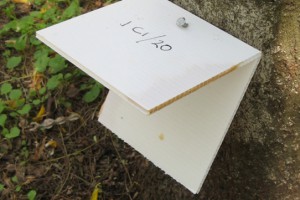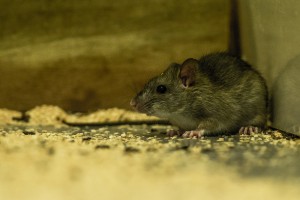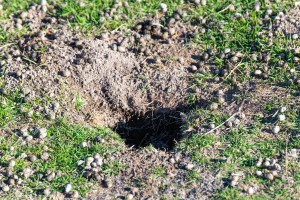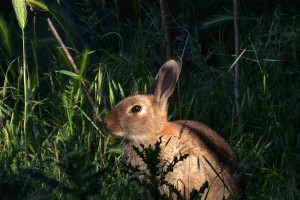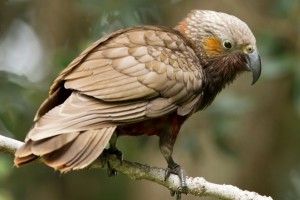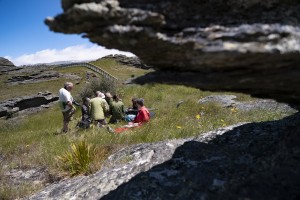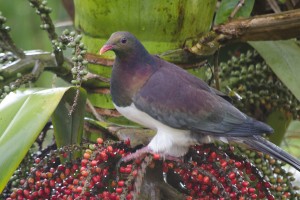Animal pest management
In this section
Manaaki Whenua scientists have expertise in vertebrate pest management, social science, policy development, biodiversity measurement and management, and surveillance and detection of pest animals across landscapes. Our staff are at the forefront of these discipline areas in supporting national and regional agencies and communities across New Zealand to better manage pests, and our research is also sought after internationally.
Our research has two primary areas of focus: firstly, on providing socially acceptable tools for mitigating invasive species impacts. Projects span a wide spectrum from developing novel technologies (e.g. genome-mining as a precursor to identifying species-selective toxins) through developing complex mathematical models to guide and test control programmes to incremental improvement of current tools. Other research focusses on science that underpins the Predator Free initiatives across New Zealand, but has the agility to respond to other priorities such as national concerns about increasing deer, wallaby and rabbit numbers. This science falls into five main categories: fundamental pest ecology, eradication methods and strategies at landscape scales, prevention of reinvasion, detection of pests at very low densities, and social licence to operate. Our animal pest research is also vital in guiding management to mitigate the impacts of diseases (e.g. bovine TB and toxoplasmosis) spread by wildlife.

